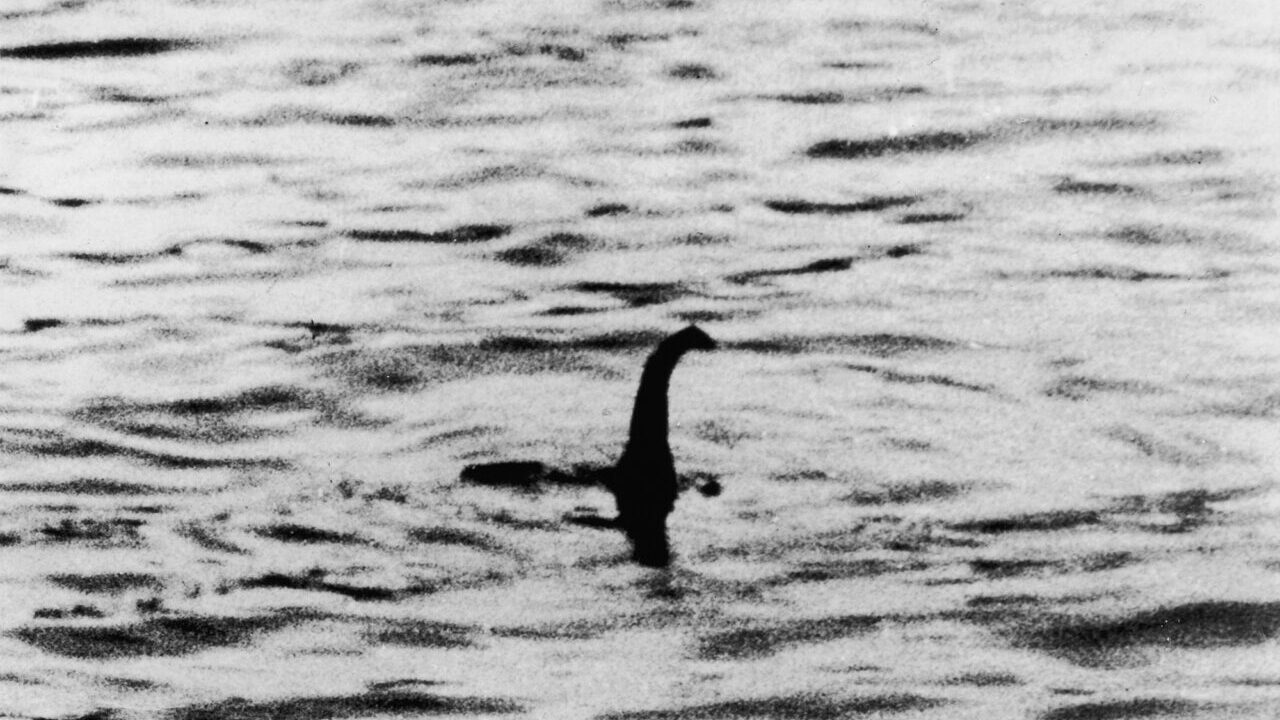Loch Ness monster fans prepare for biggest ‘Nessie’ hunt in 50 years
(CNN) — Amateur sleuths with a taste for the supernatural will be glued to their screens next weekend in a bid to try and discover the truth behind Scotland’s biggest mystery.
“Monster hunters” from as far away as Japan and New Zealand will be tuning in to live streams of Scotland’s Loch Ness in the hope of settling a longstanding debate as to whether or not the famed monster, affectionately named Nessie, actually exists.
The legend of the Loch Ness Monster dates back to ancient times, though the story really gathered momentum after 1933 when sightings of a “dragon or prehistoric monster” were reported in the Scottish press.
The news spurred a host of investigations, much of which has since been discredited as a hoax.
Paul Nixon, manager of the Loch Ness Centre, told CNN in an phone interview that about 100 volunteers will be looking out for signs of life on the banks of the loch itself, while about the same number again will be surveying the site remotely.
Volunteers, who can still sign up to participate online, will have to keep their eyes peeled as they focus on footage taken from four webcams at strategic points around the lake.
“The volunteers are going to be watching the water,” said Nixon. “If they spot something, hopefully they will film it and then submit it to our online portal.”
Loch Ness is one of the largest bodies of water in the British Isles, at 22 miles in length and more than 750 feet deep.
The center, which reopened earlier this year following a $1.9 million refurbishment project, sits on the site of the old Drumnadrochit Hotel, where 90 years ago its then manageress Aldie Mackay reported seeing a “water beast.”
Now the interactive attraction has joined forces with Loch Ness Exploration (LNE), an independent and voluntary research team, to scour the waters like never before in the hope of uncovering some answers.
Each morning volunteers will be briefed by Alan McKenna, LNE’s founder, on what to look out for, including signs of “red herrings” and other marine movements that can be disregarded.
Organizers say it is the biggest “surface watch” since the Loch Ness Investigation Bureau (LNIB) studied the Loch in 1972 when volunteers were also on the lookout for the mythical beast – but without the hi-tech equipment.
Dubbed “the quest,” the event will involve surveying equipment that has never previously been used there, such as thermal drones to produce images from the air using infrared cameras and a hydrophone to detect acoustic signals underwater.
Nixon said: “What’s different about our search this time is that obviously our volunteers will be armed with mobile phones and will be able to capture any movement more accurately and more regularly.”
McKenna said in a press release: “Since starting LNE, it’s always been our goal to record, study and analyze all manner of natural behavior and phenomena that may be more challenging to explain.”
Appealing to budding monster hunters to sign up, he added: “It’s our hope to inspire a new generation of Loch Ness enthusiasts and by joining this large-scale surface watch, you’ll have a real opportunity to personally contribute towards this fascinating mystery that has captivated so many people from around the world.”
Nixon said that once the weekend is over, the sightings will be collated and analyzed and the findings made public.
He said: “I think there’s a very strong possibility that something will be spotted this weekend but then, of course, it raises the question as to what it will be.
“We will certainly have enough eyes on the water – we just need some good spotting conditions,” he added.
